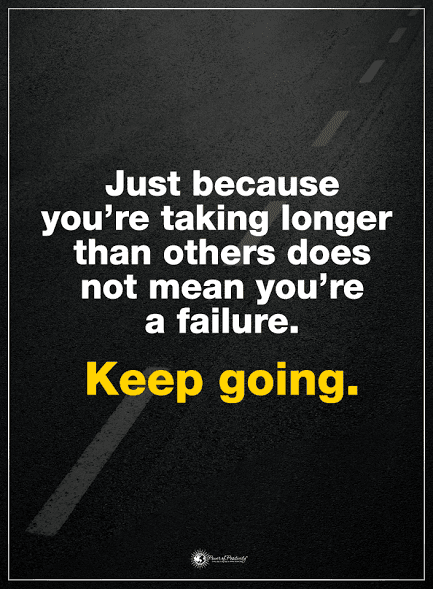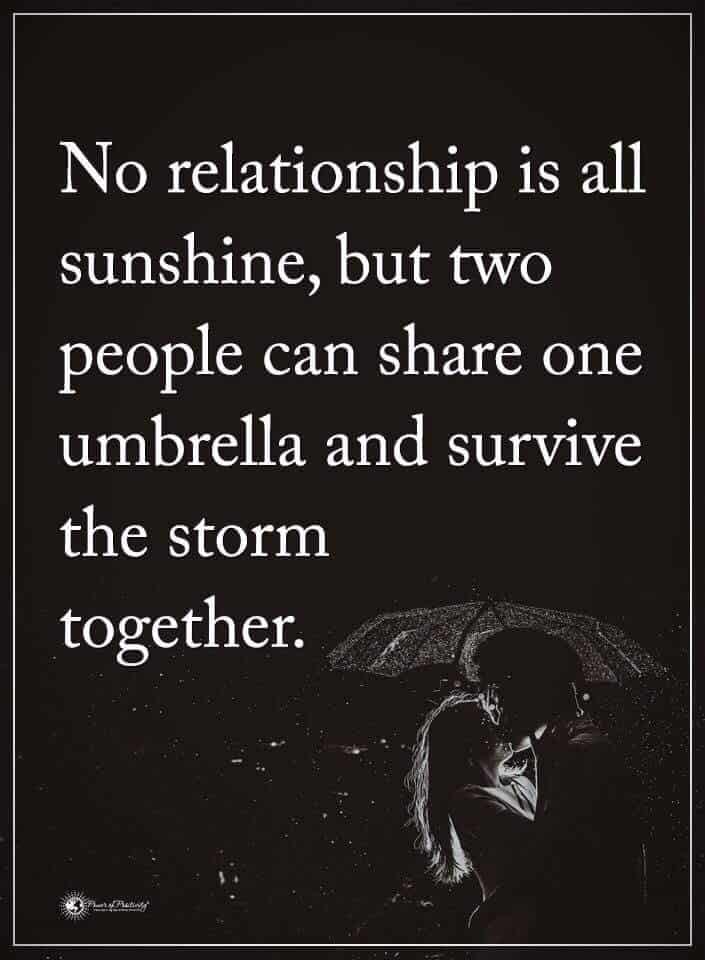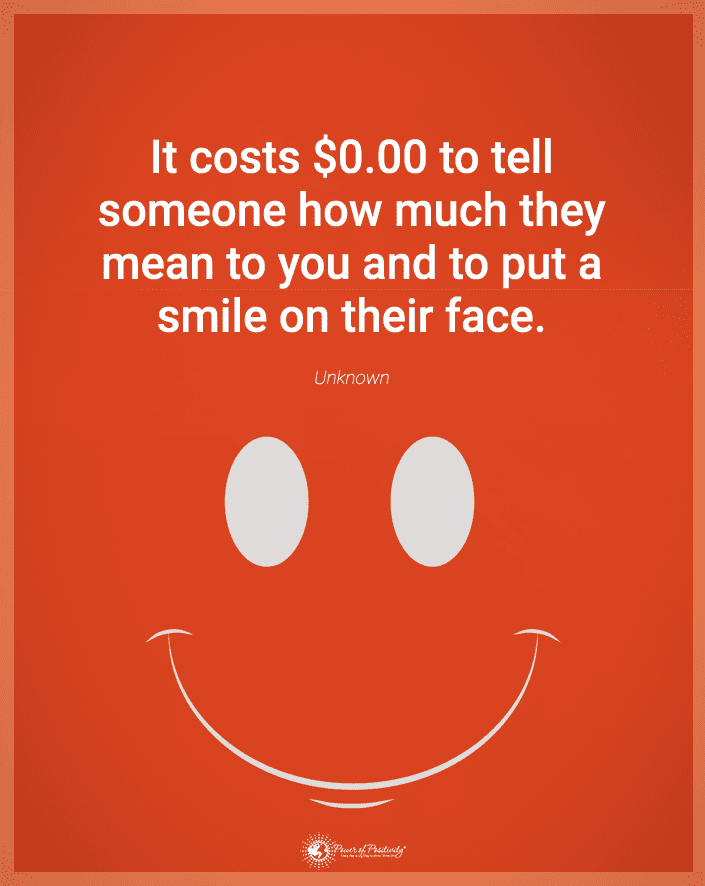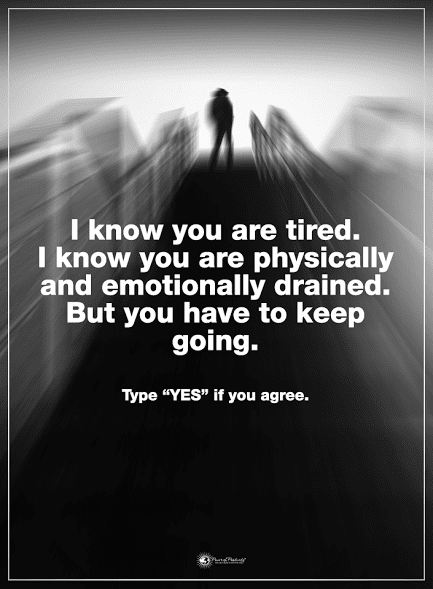We make hundreds of decisions throughout our lives that can greatly change the situation of our circumstances. We also don’t make decisions. That is to say, we let things continue the way they are without deciding to do something to change our situation, even when we want to. Sometimes, we make the wrong decisions, even when they seem right at the time. Life isn’t complete without making mistakes.
Mistakes are how we learn and grow as people. Sometimes, though, mistakes we make in our lives will lead us to regret those seemingly good decisions. Sometimes, the mistake is choosing not to act at all. The effects of our choices, or lack thereof, could lead to regrets down the line. You will find yourself asking, “What if?” and unable to come up with the answer. Here are five mistakes that you will inevitably regret in ten years.
5 MISTAKES YOU WILL REGRET MAKING IN 10 YEARS
“Don’t do something today you know you will regret tomorrow; think before you act.” – Unknown
1. WAITING FOR THE “PERFECT” TIME
There is no such thing as the “perfect” time to make a move. Whether it be starting a new job, going back to school, sitting down, and finally writing that book you have been promising to write, there will never be a “perfect” time. The perfect time is now. There will always be difficulties and hardships no matter what choices you make. Bumps in the road are normal. If you wait for everything to be perfect, you will be waiting forever. If you wait too long, you may not be able to take the leap you have been waiting to take. Before you know it, it’s far too late, and you regret not starting that drastic change in your life sooner.
2. BEING AFRAID TO TRY
Life is full of attempts. Sometimes, those attempts lead to failures. However, you will never see success if you are too afraid of failure even to try. Whether you are just too comfortable with your life now or too afraid of change to leap, you will regret not allowing yourself to try. Don’t let yourself become full of regret and “What ifs”. Years later, you may be distraught and plagued with questions about what would have happened if you weren’t afraid to try and achieve your goals. If you try, you will never wonder; you will know.
3. CONSTANTLY LOOKING FOR APPROVAL FOR YOUR DECISIONS
If you find yourself looking for your choices to be validated by others and not acting on those choices when they are not, you will be living someone else’s life. It can be hard to make decisions on your own. It’s human nature for us to want our choices to be validated. However, if you are only making decisions that have been pre-approved by family, friends, and significant others, then you are not living the life you want to be living. It’s okay to get input from your loved ones and even to take some advice. In the end, however, the choice has to be yours.
4. GIVING UP
When the going gets tough, it can be tempting to give up. There’s nothing you will regret more, however, than throwing in the towel too soon. Even though things may seem more than you can handle, you will be surprised by your tenacity and strength if you keep moving forward. If you give up too soon, you may never know what you are truly capable of. Years later, you may wonder what would have happened if you gave your goals one more try.

5. NOT LEARNING FROM YOUR MISTAKES
If you constantly find yourself in the same unsatisfactory situation repeatedly, you may fail to learn from your past errors. Perhaps the pattern of the mistakes is hard to see, or maybe you are just unwilling to realize you are making the same bad decisions. Once you can open yourself up to see the paths you have taken, and how they have gone wrong, you can take better control of your life. You are the only one who can exercise any authority over your life, and you are the only one who can break the pattern of mistakes. As the saying goes, those who do not learn from history are doomed to repeat it. Don’t be afraid to admit to yourself that something isn’t working. Once you do, you will be relieved by how many more options open up to you.









